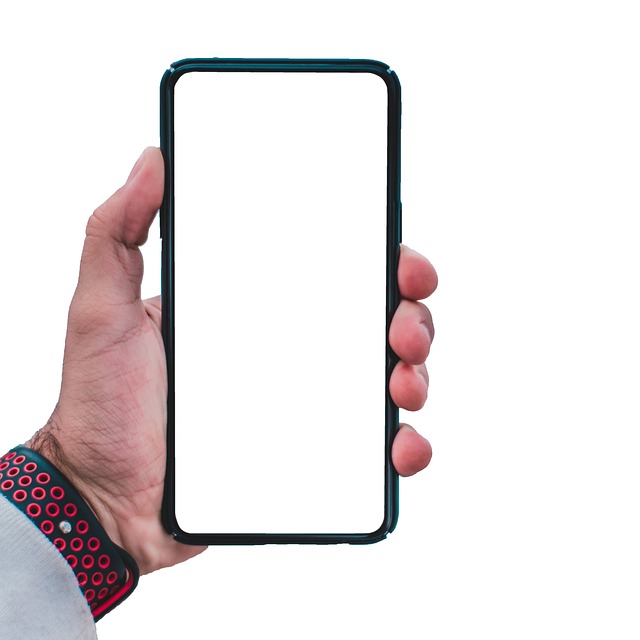In South Dakota, autodialer technology offers opportunities and challenges for lawyers managing cases involving telemarketing disputes. While aiding in efficient client outreach and case management, attorneys must adhere to strict regulations like the TCPA, navigate do-not-call lists, and obtain explicit opt-in consent to avoid penalties and maintain client trust. Responsible use of autodialers involves respecting privacy rights by offering opt-out options and transparently disclosing automated call purposes to protect both clients and lawyers from legal issues in South Dakota.
“An autodialer, a powerful tool in modern legal practices, is no longer a futuristic concept but an integral part of the legal landscape. This article explores what an autodialer is and its significance for lawyers in South Dakota. We’ll delve into how these automated systems streamline legal processes, from efficient case management to effective client communication. By understanding their role and benefits, attorneys can leverage autodialers while navigating ethical boundaries, ensuring a harmonious balance between technology and professional responsibilities.”
Understanding Autodialers: A Comprehensive Overview
An autodialer, or automatic dialer, is a technology that enables businesses to automate phone calls by simultaneously dialing multiple telephone numbers and connecting incoming calls to live agents or recorded messages. This system is widely used in customer service and sales industries, enhancing communication efficiency. In South Dakota, as with many states, the use of autodialers is regulated to protect consumers from unwanted or abusive practices. The state’s laws ensure that automated phone systems are employed ethically, respecting individual privacy and consent.
For legal professionals in South Dakota, understanding autodialer technology is crucial when representing clients involved in telemarketing disputes. When used appropriately, autodialers can streamline legal processes, making it easier to contact potential witnesses or gather evidence for cases involving telephone harassment or unlawful marketing practices. Thus, knowing the ins and outs of this technology becomes essential for both lawyers and their clients in navigating the legal landscape surrounding autodialer use.
The Role of Autodialers in South Dakota's Legal Landscape
In South Dakota, as in many states, the role of an autodialer is both a legal and ethical consideration for lawyers and law firms. An autodialer, a technology that allows automated phone calls to be made en masse, has become an increasingly common tool for reaching clients and prospects. This technology is particularly useful for small and medium-sized law practices in South Dakota, helping them manage caseloads efficiently and stay competitive. However, its use also raises concerns about compliance with state laws related to telemarketing and consumer privacy, such as those regarding do-not-call lists and automated messages.
South Dakota’s legal landscape demands that lawyers using autodialers adhere strictly to regulations to avoid potential penalties and maintain client trust. Lawyers must ensure that their autodialer systems comply with the Telephone Consumer Protection Act (TCPA) and state-specific laws, which often include restrictions on when and how robocalls can be made. Additionally, proper consent management is crucial; lawyers need to implement processes to obtain explicit opt-in consent from recipients before placing automated calls, ensuring compliance with consumer rights and expectations in South Dakota.
Benefits and Considerations for Lawyers Using Autodialers
In South Dakota, as in many parts of the country, lawyers are increasingly turning to autodialers to enhance their communication strategies. An autodialer is a technology that allows for automatic, simultaneous, and personalized phone calls to multiple recipients, streamlining legal outreach processes. For South Dakota attorneys, this means faster case management, improved client engagement, and enhanced efficiency. By automating repetitive tasks like appointment reminders, follow-up calls, or even initial client intake, lawyers can save significant time and resources.
However, there are considerations for using autodialers in a legal context. Lawyers must ensure compliance with privacy regulations, such as the Telephone Consumer Protection Act (TCPA), which governs automated calls. They should also be mindful of client preferences and opt-out options to maintain professional ethics and respect for individual choices. Proper training and setup are crucial to ensure effective use of autodialers without causing unwanted interruptions or breaches of confidentiality.
Navigating Ethical and Regulatory Waters with Autodialer Technology
In South Dakota, as with many states, the use of autodialers in legal practice comes with a set of ethical and regulatory considerations. These devices, while powerful tools for connecting with clients and potential witnesses, must be employed responsibly to avoid legal pitfalls. Lawyers utilizing autodialers need to ensure informed consent from individuals being contacted, adhering to do-not-call lists, and respecting privacy rights.
Regulatory bodies in South Dakota closely monitor the use of autodialers to prevent abuse and safeguard consumers. Non-compliance with regulations regarding automated calls can result in significant fines. Lawyers using autodialer technology must stay informed about state and federal laws, ensuring their practices remain within ethical boundaries. This includes transparent disclosure of the purpose and origin of automated calls and obtaining explicit consent when required by law.






